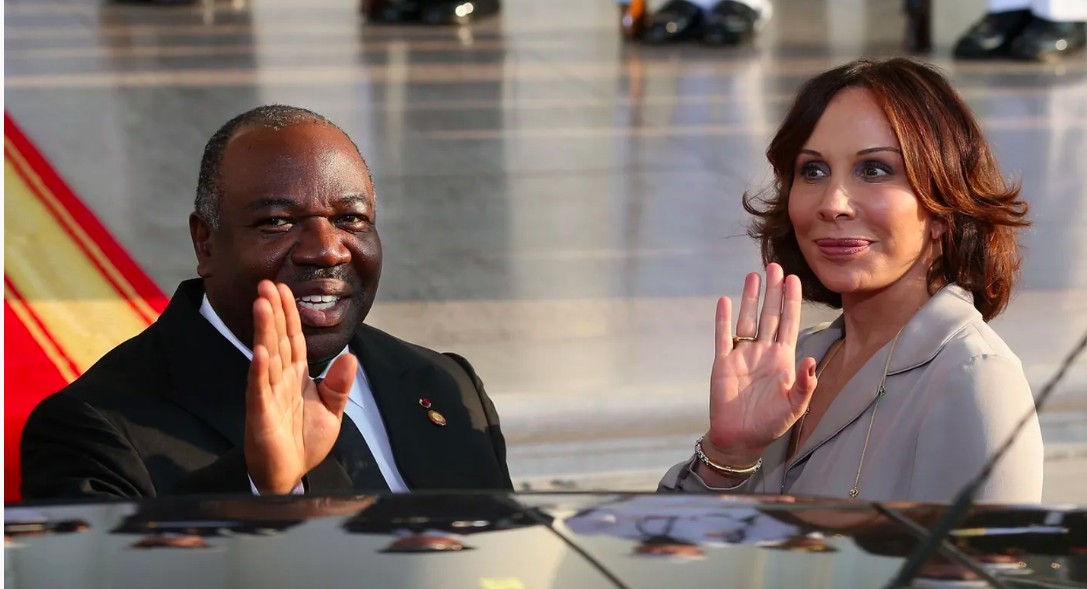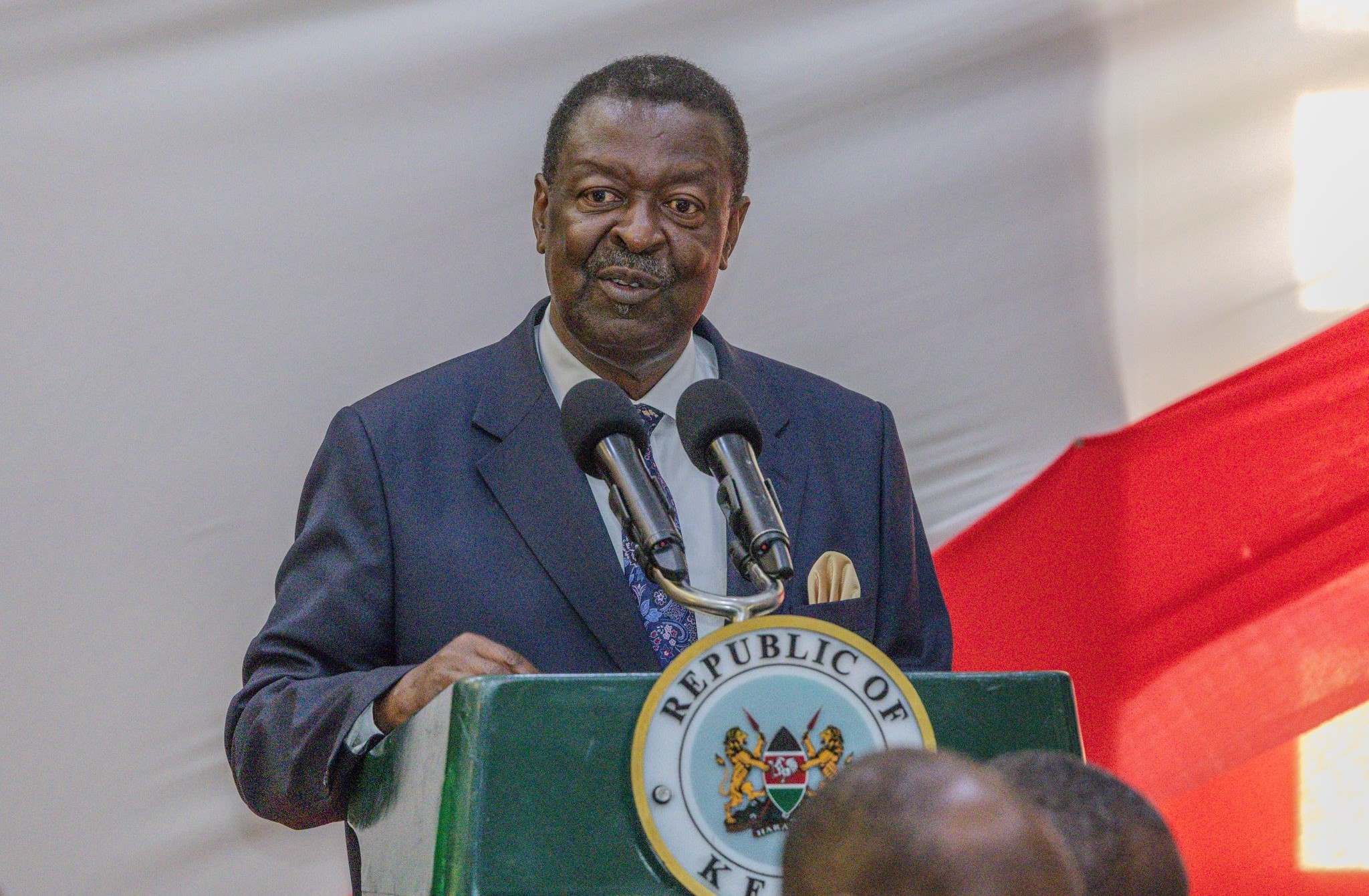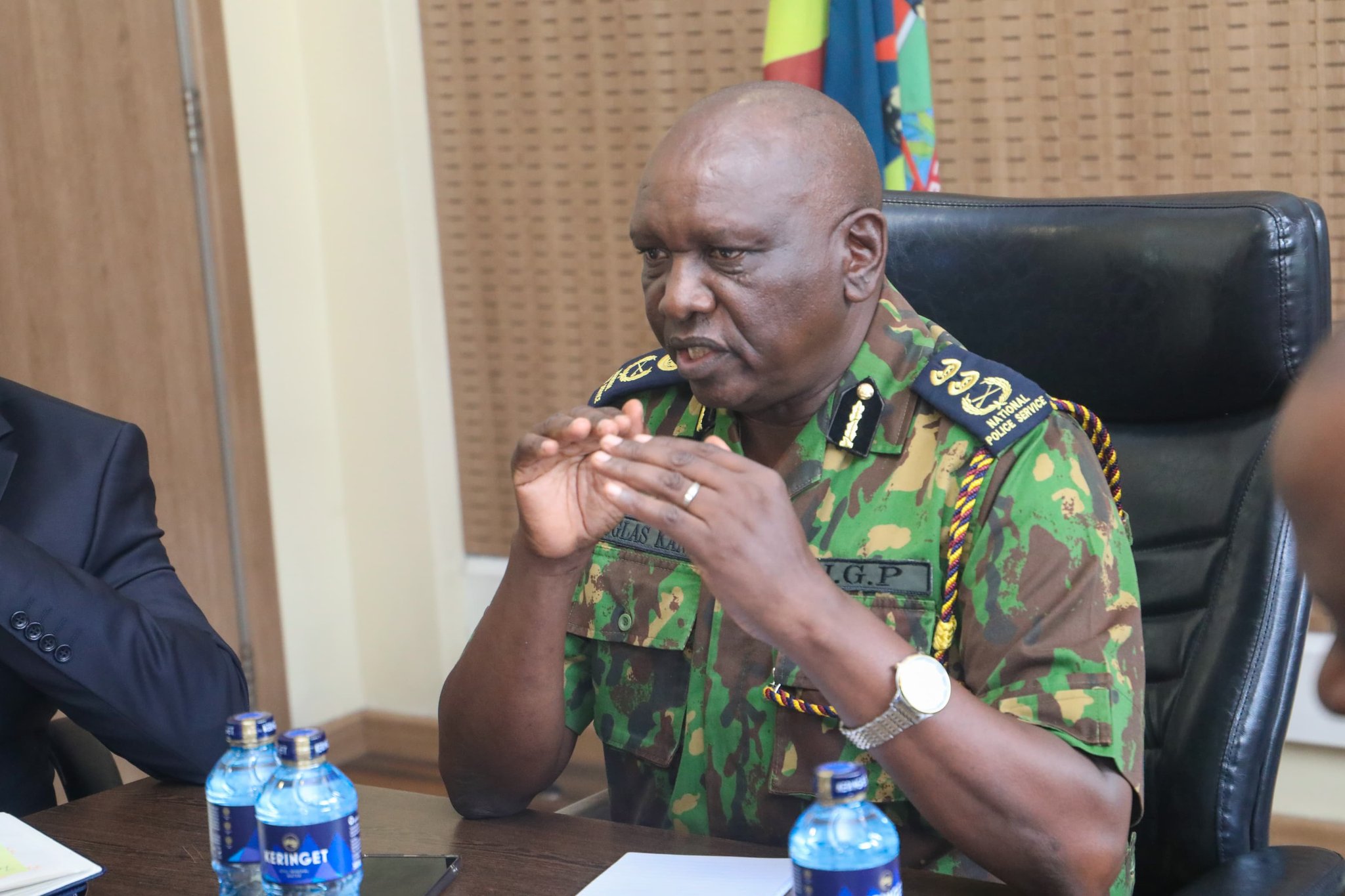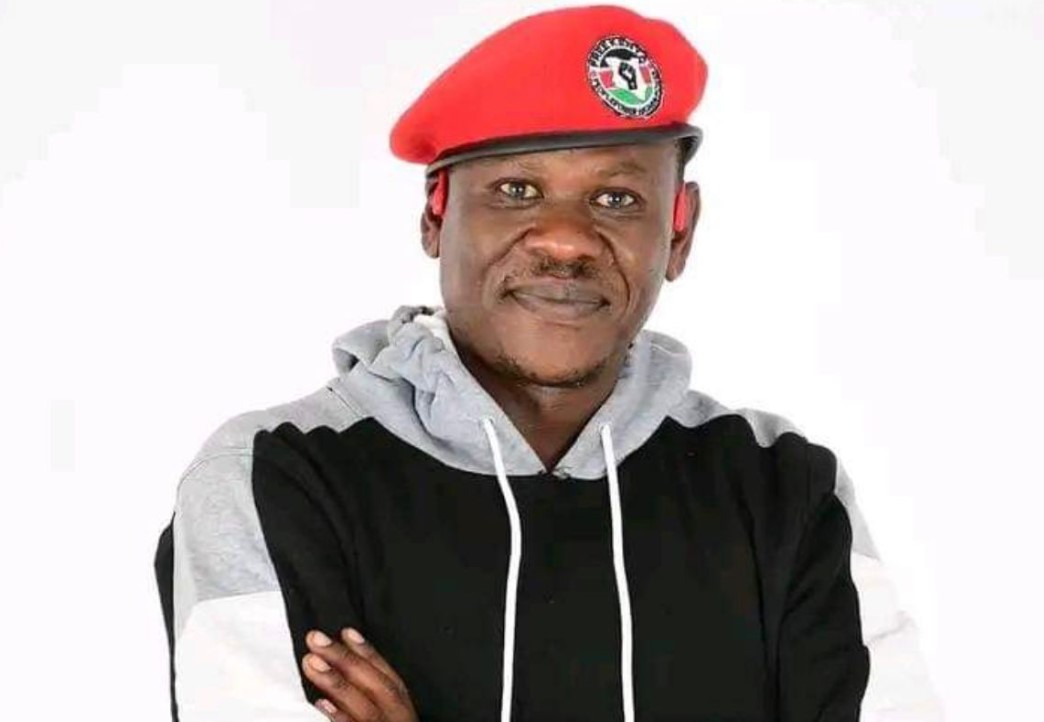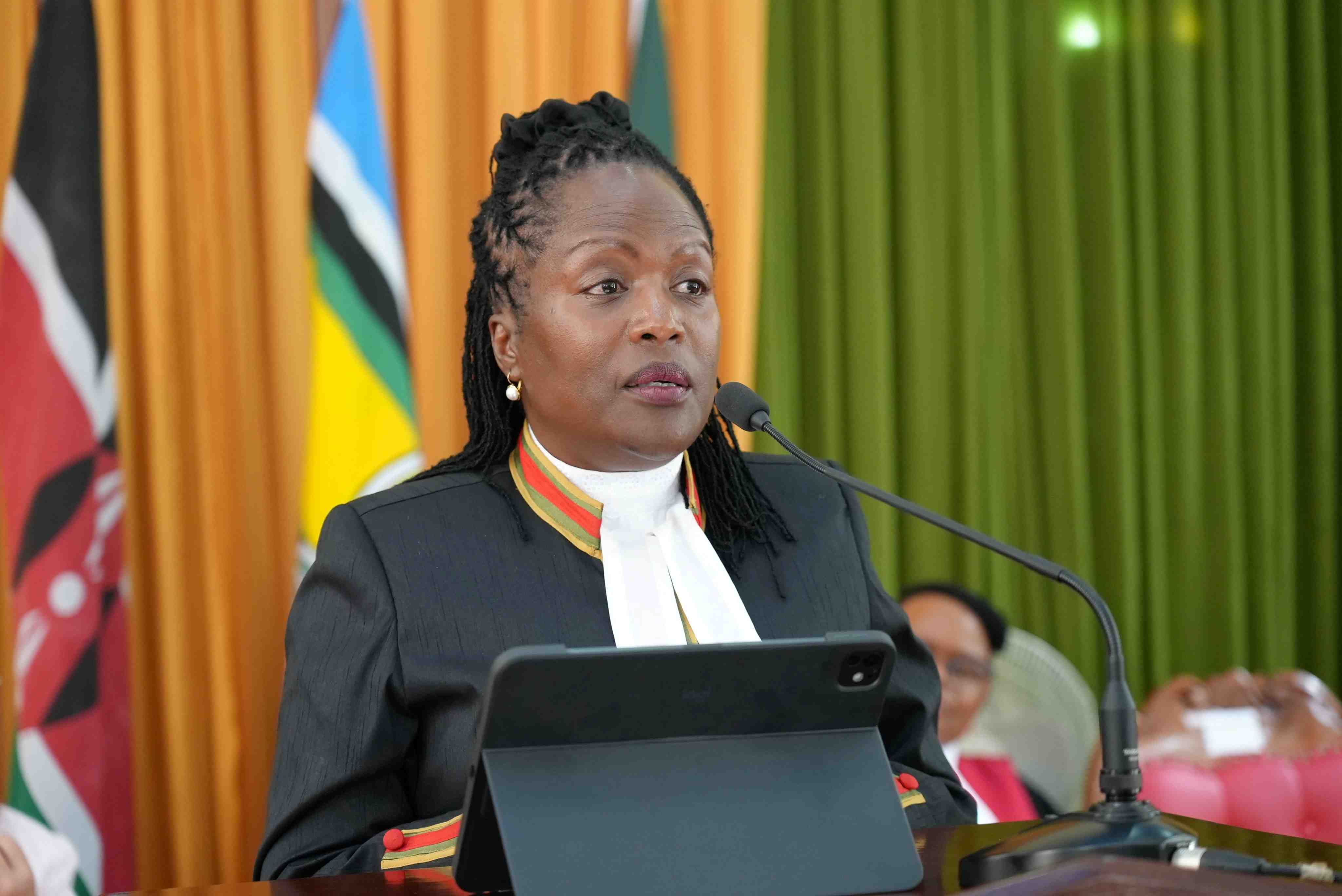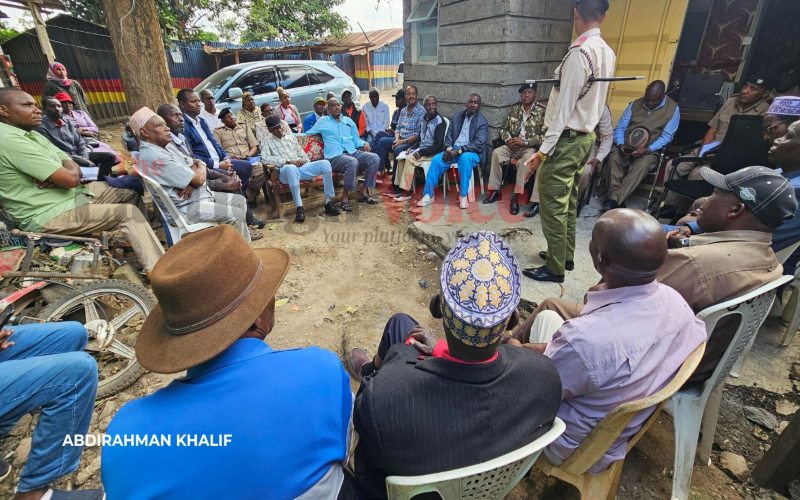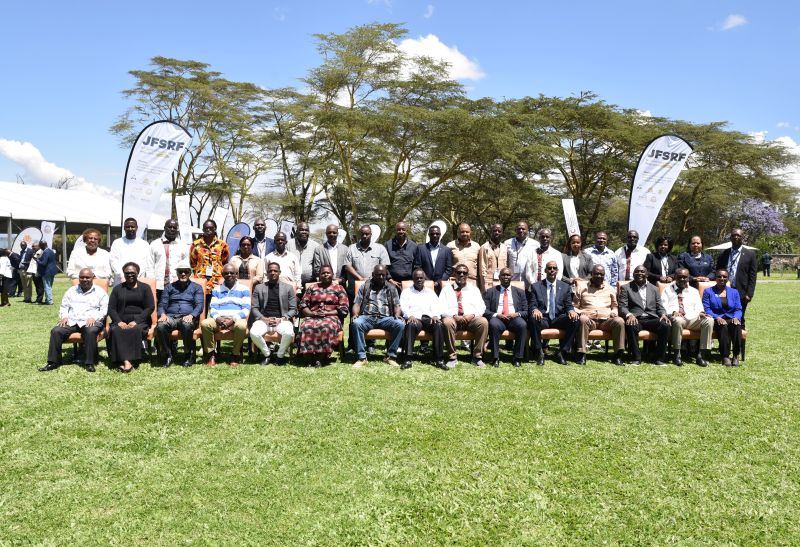Omtatah terms deal between Ruto and Raila ‘civilian coup’ against Kenya's Constitution
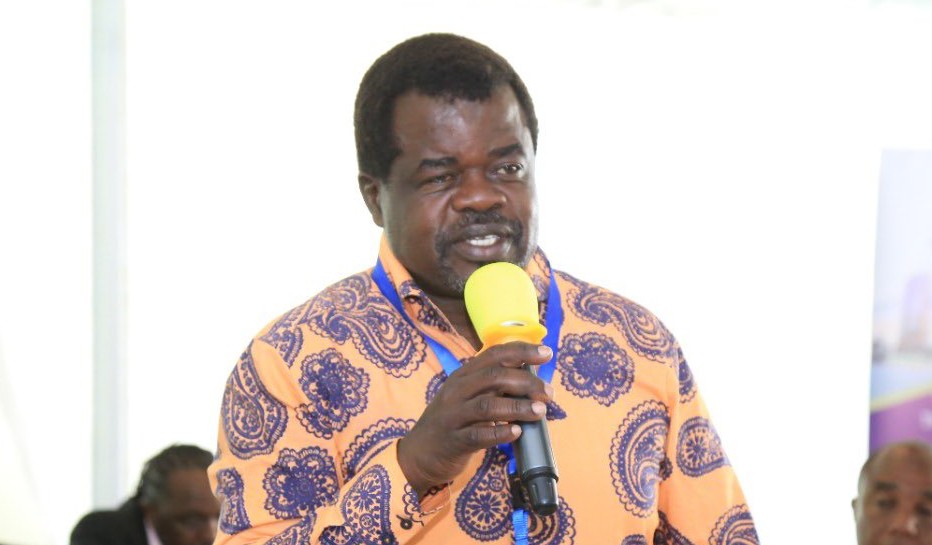
Omtatah urged the public and Parliament to push for the full implementation of Kenya's Constitution, ensuring that governance stays within the bounds of the law and serves the people's interests.
Busia Senator Okiya Omtatah has criticised the memorandum of understanding (MoU) signed two weeks ago between President William Ruto and ODM leader Raila Odinga, calling it unconstitutional and a "civilian coup" against Kenya's Constitution.
Speaking on NTV and Nation FM simulcast, Omtatah argued that the MOU, which seeks to establish a broad-based government, violates the Constitution, particularly Article 3, Clause 2, which prohibits attempts to form a government outside the constitutional framework.
More To Read
- President Ruto receives key AU reform proposals ahead of Luanda Summit
- President Ruto to deliver State of the Nation address on November 20
- Maasai community sets aside 1 million acres to protect Amboseli ecosystem
- Ruto presides over historic handover of Amboseli National Park to Kajiado County
- Kenya moves to curb recruitment of its citizens in Russia-Ukraine war
- Oburu’s DP position condition to Ruto unsettles Kindiki’s base
"Tell me where in the Constitution you can get a broad-based government. It's unconstitutional," Omtatah said.
"Mr Raila Odinga and Mr Ruto have staged a civilian coup against the Constitution of Kenya," he said.
He said the deal represents an illegal power-sharing arrangement that bypasses Parliament, undermining its authority and the proper functioning of the government.
Omtatah emphasised that despite the MOU, Parliament still has the responsibility to check the President's authority, particularly by retaining control over critical government functions.
"Why should there be an MOU when you have got Parliament? Donated power is exercised through Parliament," said the Busia senator.
Omtatah urged the public and Parliament to push for the full implementation of Kenya's Constitution, ensuring that governance stays within the bounds of the law and serves the people's interests.
He also criticised the current electoral system, highlighting issues with the tallying and declaration of election results, which he believes should be handled more efficiently.
Omtatah argued that results should be announced immediately after voting, rather than being processed at a central tallying centre like the Bomas of Kenya, a process that often delays the declaration of election outcomes.
"Bomas should not be used as a tallying centre. According to Article 138, Clause 10, it's about declaring the results. You don't make a decision at Bomas, you only formalise it. That's why the IEBC chairman is supposed to just declare the results," said Omtatah.
Top Stories Today
